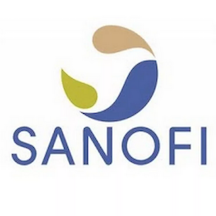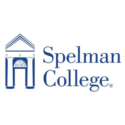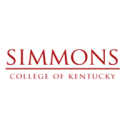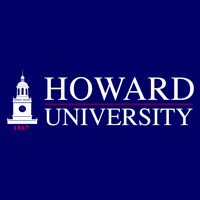 Howard University’s Moorland-Spingarn Research Center will participate in the “Preserving the Legacy and History of Black Dance in America,” a new program recently announced by the International Association of Blacks in Dance. The project will digitize at-risk audiovisual recordings of historically signi!cant material dating back to the 1970s including those from the International Association of Blacks in Dance’s inception in 1988.
Howard University’s Moorland-Spingarn Research Center will participate in the “Preserving the Legacy and History of Black Dance in America,” a new program recently announced by the International Association of Blacks in Dance. The project will digitize at-risk audiovisual recordings of historically signi!cant material dating back to the 1970s including those from the International Association of Blacks in Dance’s inception in 1988.
These recordings will be digitally reformatted and freely made available worldwide to the public via Howard University’s Moorland-Spingarn Research Center, and an archive site that will be accessible from IABD’s website. Videos will also be posted to the IABD YouTube Channel.
The material in the initial collection includes panel discussions, lectures, master classes, demonstrations, and performances that showcase the work of regional, national and international companies, and provides an inclusive depiction of the rich legacy of the Black dance experience.
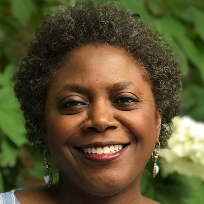 “We are truly excited and honored to receive funding for this program, that will help bring to light the contributions of Black artists to the dance field. ‘Preserving the Legacy and History of Black Dance in America’ will afford a unique resource for the study and discourse of Blacks in dance and their inclusion in dance curricula and history throughout the United States and abroad. This collection will provide a wealth of primary source material for anyone studying and/or who has interests in expanding their understanding of our artists and their works,” said Denise Saunders Thompson, president and chief executive of the International Association of Blacks in Dance.
“We are truly excited and honored to receive funding for this program, that will help bring to light the contributions of Black artists to the dance field. ‘Preserving the Legacy and History of Black Dance in America’ will afford a unique resource for the study and discourse of Blacks in dance and their inclusion in dance curricula and history throughout the United States and abroad. This collection will provide a wealth of primary source material for anyone studying and/or who has interests in expanding their understanding of our artists and their works,” said Denise Saunders Thompson, president and chief executive of the International Association of Blacks in Dance.
Thompson, who has taught at Howard University and American University in Washington, D.C., holds a bachelor’s degree from Howard University in theatre arts administration. She earned a master of fine arts degree in arts producing and management from the University of California, Los Angeles.
The project is made possible by a grant from the Council on Library and Information Resources with the support of the Andrew W. Mellon Foundation.
